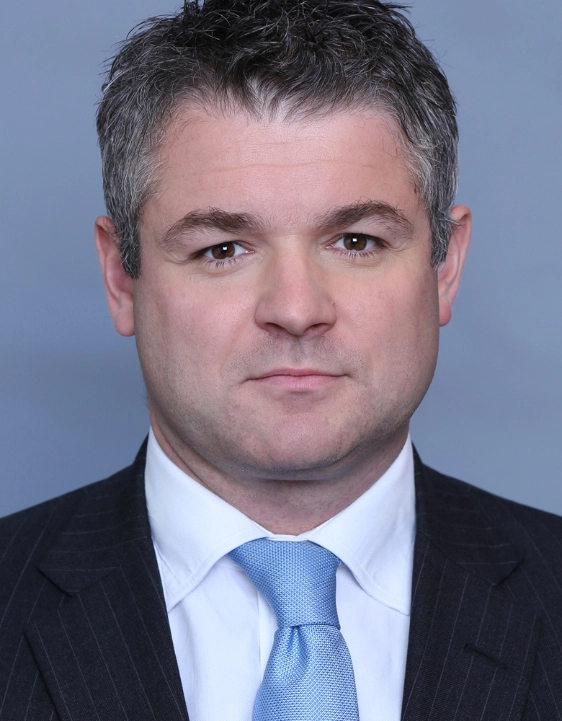Stay in the know
We’ll send you the latest insights and briefings tailored to your needs
As construction and engineering projects have grown far larger in terms of scale, complexity and financial value, the resulting disputes have too. A related consequence is that the participants in these giga-projects come from multiple jurisdictions and across different continents, which might include the developers, investors and financiers, architects, engineers and contractors. The globalised nature of these projects can give rise to disputes due to unresolved differences in expectations. This might involve divergent styles of project and contract management, pricing, contract interpretation, quality control methods, progress reporting and scheduling. As international construction lawyers, it's our job to help our clients overcome these challenges, providing guidance and support throughout the entire project life cycle (as opposed to just in the international arbitrations that frequently arise from these projects).
Working across various regions, including the Middle East and Asia, has significantly enriched my practice in several ways. Firstly, it has provided me with a more nuanced understanding of my clients. Each region has its own unique business culture, legal landscape, and market dynamics. Being immersed in these diverse commercial environments means gaining valuable insights into what my clients aim to achieve and the specific challenges they face. As a result, I can provide more practical, tailored advice. Additionally, working abroad has afforded me the opportunity to build strong connections with clients, fellow lawyers, and experts from around the world. These relationships provide a rich and deep network which facilitates the exchange of resources and knowledge which my clients benefit from.
There are two parts to this. Firstly, it is important to find a common goal between the parties, as this helps to establish trust and foster a collaborative environment. When all stakeholders are aligned from an early stage, it encourages everyone to navigate challenges and make decisions that are in the best interest of the project as a whole. Having said that, one must be careful not to be too informal with the project processes. It is essential to keep written records of everything and in as much detail as possible. This is easier said than done, but written records providing contemporaneous detail such as costs incurred, causes of delay and justifications for decisions made in relation to the project can often help resolve misunderstandings when the parties would otherwise be squaring up for a dispute, and instead encourage a settlement.
Construction is a true specialism, and you will be rewarded if you dedicate yourself to it. There are often very technical issues involved in construction disputes, and complicated engineering structures such as gas turbines, wind farms and subsea pipelines. It is important to emphasise that you don't need to be an engineer or a physicist to be a successful construction and engineering lawyer, although common sense, natural curiosity and a general interest in engineering and technology are extremely helpful. It is never too early to start building your network and profile (through networking platforms liked LinkedIn or otherwise) to strengthen existing connections with clients, lawyers and experts across the globe.

James Doe
Partner
Reflecting on my career so far, I find that the most challenging construction disputes are not necessarily the most complex in terms of size and technology, but rather those in which there are political and financial stakeholders influencing the decision-making at the project level. What may seem a reasonable and appropriate way forward at the site level may not necessarily work for those with a better view of the political and commercial objectives of project. Ultimately, as a lawyer for the project dealing with disputes, you strive to achieve the best outcome possible for the client, so it is important to be clear at all times what the desired outcome actually is.
It is difficult sometimes as we all have busy schedules. However, it is essential to learn to take a break and find time for other things when you can. Working on international project disputes can be and often is very demanding, not least because there is a huge amount of detail involved. Having the self-awareness to recognise when you need to take time out is essential. Having good time-management also helps you carve out some time for yourself and your family.
The contents of this publication are for reference purposes only and may not be current as at the date of accessing this publication. They do not constitute legal advice and should not be relied upon as such. Specific legal advice about your specific circumstances should always be sought separately before taking any action based on this publication.
© Herbert Smith Freehills 2025
We’ll send you the latest insights and briefings tailored to your needs